UK Company Turns Hard-to-Recycle Plastics Into Profit
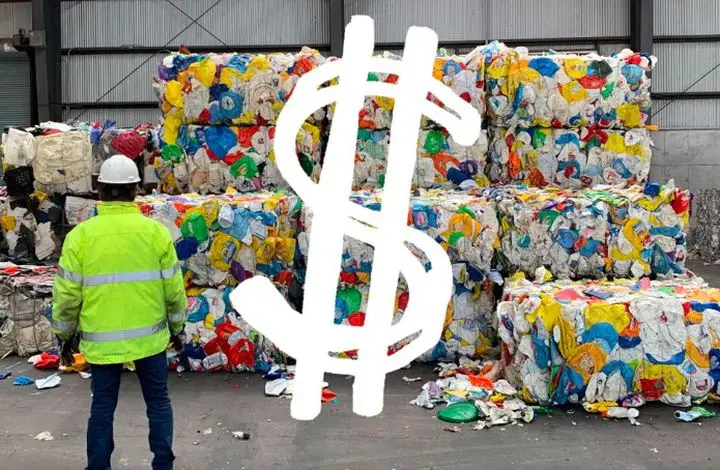
Mixed plastics are difficult to recycle at a profit, especially when recyclers attempt to sort them so that each type can be recycled separately. But thanks to a process now being used by a UK company, sorting might become a thing of the past. The company has figured out how to turn mixed plastics into feedstock, at a profit.
The company, known as Mura Technology, transforms flexible and rigid mixed plastic waste into feedstock using water. They just recently opened their first processing plant in Teesside, England, a plant that can be expanded to handle three times its current capacity.
Mura says that their process complements mechanical recycling. Where mechanical recycling tends to rely on a single type of plastic being transformed into regrind, Mura’s process handles many of the plastics that are not suitable for mechanical recycling.
How the Process Works
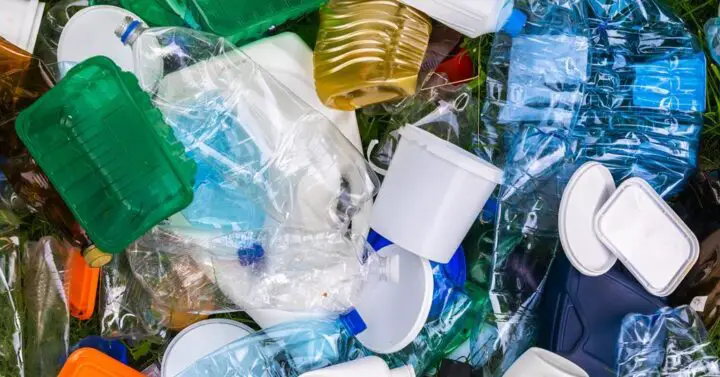
Turning mixed plastics into viable feedstock is accomplished through a process known as HydroPRS. Without getting into too much detail, Mura processes the plastic waste they collect using supercritical water. This is water delivered at a particular temperature and pressure capable of breaking down larger pieces of plastic into smaller pieces.
Mura can successfully recycle a full range of post-consumer plastics including plastic trays, tubs, films, pots, product packaging, and more. These are all plastics that industrial recyclers shy away from due to how mechanical recycling works.
More About Mechanical Recycling
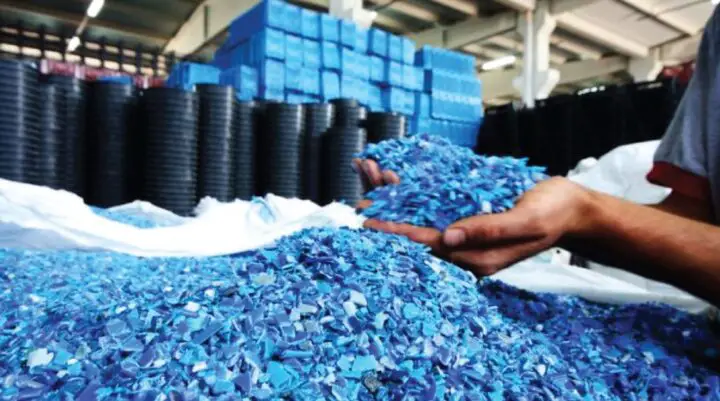
While Mura can process tons of post-consumer plastics with water, the Tennessee-based company is the perfect example of a company that has mastered mechanical recycling. Seraphim obtains scrap industrial plastic from companies around the country, transports it to a processing facility, and turns it into regrind.
The mechanical process employed by this company is pretty straightforward. Plastic waste is fed through a series of grinders and magnets to reduce it to small pellets that are subsequently packaged and sold as regrind. Manufacturers mix regrind with virgin plastic to make new items.
There are two keys to this company’s success: sorted plastics and loads that are free of contamination. Customers wishing to sell plastic waste to this company must keep it separate from other types of waste. In addition, each plastic load needs to be a single type of plastic. No mixed plastics are allowed. Loads also need to be free of contamination.
Two Processes, the Same Outcome
Mura and this company rely on two distinctly different processes to convert plastic waste into a marketable material. Yet their two processes result in the same outcome. By converting plastic waste into reusable product manufacturers want, the two companies are keeping tons of plastic waste out of landfills and incinerators.
This company has been in business for decades. Their mechanical recycling process has proved efficient and financially viable, which is why companies like them keep doing it. On the other hand, Mura is just getting started. The HydroPRS process is comparatively new. Here’s hoping it is still in play 25 years from now.
One of its advantages is not having to clean post-consumer plastics before they are recycled. At the same time the supercritical water is reducing plastic waste to smaller pieces, it is also cleaning the material. And the fact that mixed plastics can be recycled together solves the sorting problem.
The Wave of the Future
Will HydroPRS prove to be the ‘miracle’ post-consumer plastic recycling has been waiting for? We will have to wait and see. If it delivers as advertised, it could turn post-consumer plastic recycling on its head. HydroPRS could ultimately prove to be the wave of the future for post-consumer plastic waste. Here’s hoping it actually delivers on its promises.
Environmental Impact
The environmental impact of innovative plastic recycling processes like those employed by Mura Technology and the Tennessee-based company is significant. These processes offer substantial benefits for reducing plastic pollution, conserving valuable resources, and mitigating greenhouse gas emissions.
Firstly, these recycling methods help reduce plastic pollution by diverting large quantities of plastic waste away from landfills and incinerators. Instead of ending up in these environmentally harmful disposal sites, plastics are given a second life as valuable feedstock or regrind materials.
Secondly, these processes contribute to resource conservation by reusing plastics. Recycling plastics reduces the need for virgin plastic production, which is resource-intensive and energy-consuming. This conservation of resources helps in preserving fossil fuels and raw materials used in plastic production.
Lastly, these recycling innovations aid in lowering greenhouse gas emissions. Traditional plastic disposal methods release harmful emissions, but recycling reduces the carbon footprint associated with production and disposal.
Market Expansion and Scalability
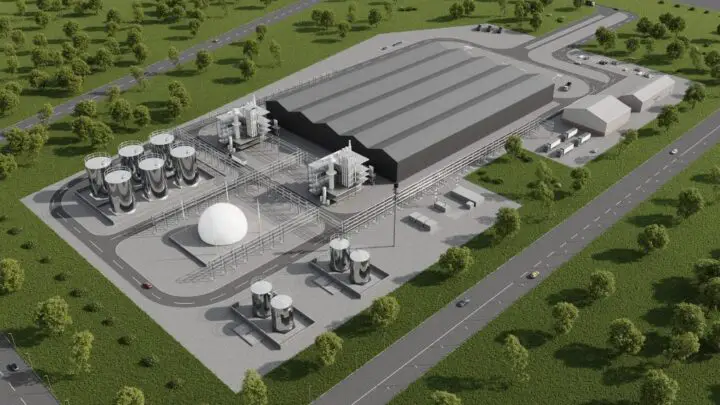
Regarding market expansion and scalability, it’s essential to assess whether Mura Technology plans to broaden its operations beyond its Teesside plant and if there are strategies for scaling up the HydroPRS process.
Expanding operations beyond the initial plant indicates a commitment to addressing plastic waste on a larger scale. It could involve establishing additional recycling facilities in different regions, potentially leading to more comprehensive plastic recycling coverage.
Scaling up the HydroPRS process holds potential for increased efficiency and cost-effectiveness. If Mura can demonstrate the scalability of its technology, it might attract more investment and partnerships, accelerating the adoption of this innovative method.
Understanding these expansion and scalability plans provides insights into the long-term impact and growth potential of these recycling innovations.
Public Awareness and Participation
Encouraging public awareness and participation in recycling efforts is essential. Readers should be motivated to become more conscious of recycling and proper disposal.
One effective way to promote awareness is through educational initiatives. Public campaigns, workshops, and school programs can inform individuals about the importance of recycling, proper sorting of plastics, and the environmental benefits of these practices.
Engaging the public in programs and initiatives is equally crucial. Encouraging people to actively participate in recycling by sorting their waste correctly and using designated bins can significantly reduce contamination in recycled materials.
By raising public awareness and fostering participation, communities can make a substantial impact in reducing waste.
Government Support and Regulations
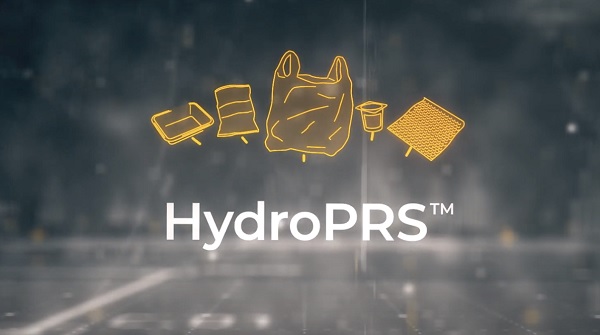
The role of government support and regulations in promoting and incentivizing innovative recycling processes like HydroPRS is crucial.
Government support can take various forms, such as financial incentives, grants, or subsidies for companies adopting sustainable practices. This support can help offset the initial costs of implementing advanced recycling technologies.
Finally, government support and regulations play essential roles in promoting sustainable recycling practices.
Financial incentives and policies that encourage the use of recycled materials are key drivers in shaping the future of plastic recycling. These combined efforts hold the potential to revolutionize post-consumer plastic waste management and lead us toward a more sustainable future.

